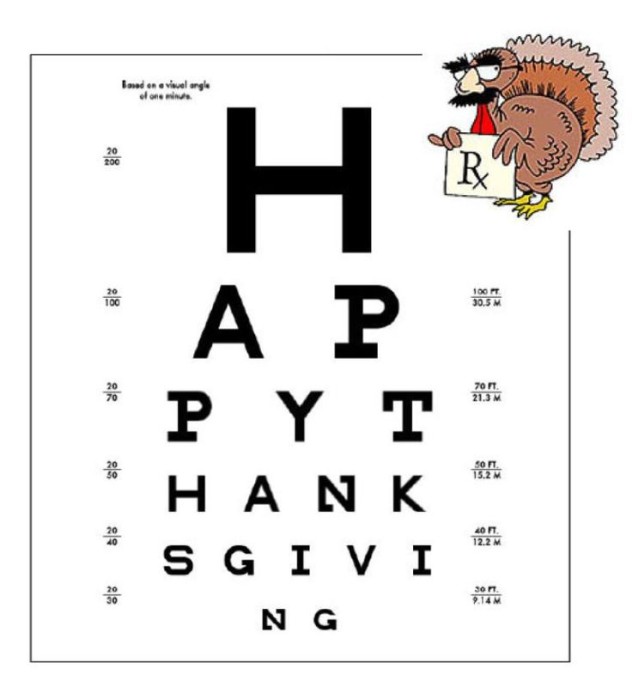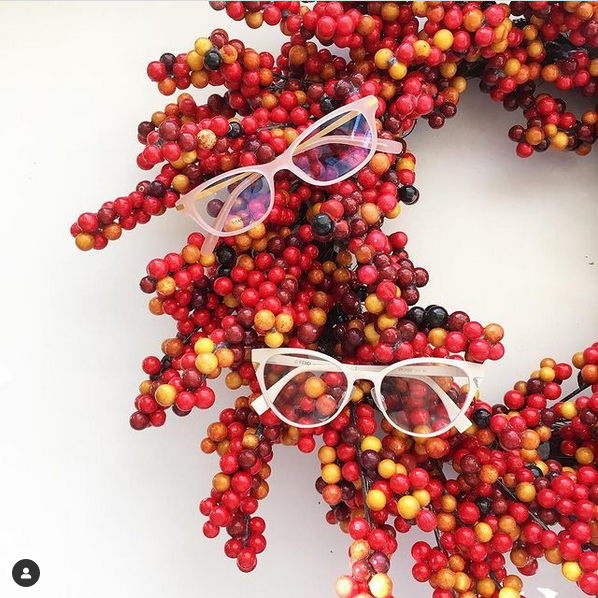⚡️Flash Sale ⚡️to start off #SmallBusinessSaturday *In office only #alamoanaeye
from Instagram: http://ift.tt/2gh9rbA
Happy Thanksgiving

At this Thanksgiving season, we wish to express our appreciation to you for placing your confidence and trust in us. Serving you is a pleasure. Happy Thanksgiving.
Our office will be closed on November 24 & 25, 2016 for the Thanksgiving holiday. We will reopen our office on November 26, 2015
Happy #Thanksgiving!

Happy #Thanksgiving! We’re #thankful for our #patients ❤️ The office will be closed Thursday and Friday. #alamoanaeye . . . . . #hawaii #hawaiiopt
